
On Aug. 12, white supremacists rallied for continued supremacy and protesters counter-rallied for equity. Violence and death resulted.
While much of the media coverage of the Charlottesville, Va., attacks has been criticized for focusing on the responses of select demographics—with what some call a largely partisan media divide—questions and concerns remained. As the school year begins, some students of the University of Massachusetts are uncertain how the incidents of Charlottesville will impact their campus experience.
In regards to the events in Charlottesville, UMass sophomore psychology major Mackenzie Abbot—who is a Jewish Asian adopted permanent resident, and sophomore women, gender and sexuality studies major Olly Kelly, a social activist and someone who identifies himself/themself as non-binary and queer, were not shocked by the attacks.
“Nowhere is particularly safe, or better or worse than other places,” said Kelly.
“I feel, returning to campus, I’ll have friends who are similar to me, and actively resist what’s going on, but I know that going back to school, there’ll be people who won’t stop what’s going on, and even might be feeding into it,” he/they added.
According to Kelly, Charlottesville was a “manifestation of racism and bigotry” within not only today’s political climate, but also the larger historical context of the United States, e.g., slavery, lynching, and redlining.
In an official statement to the UMass community, that some students considered quick, direct and firm, Chancellor Subbaswamy responded to the events in Charlottesville by saying white supremacy and the divisiveness it perpetuates will neither be tolerated nor welcome on campus.
“We condemn the actions of these white supremacists and neo-Nazis and we reject the false equivalence that suggests there are ‘many sides’ to this sort of hate,” stated Subbaswamy, referring to President Donald Trump’s much criticized statements on what occurred in Charlottesville in which he equated white supremacists to protestors he described as the “alt left.”
Subbaswamy released his statement three days after the events in Charlottesville, and his speed to call on students to “reject hate” that was once “relegated to the shadows” provided comfort for Kelly and Abbot, as the two saw it as a proactive move on the part of the chancellor.
In a statement from UMass Student Government Association President Anthony Vitale and Vice President Lily Wallace, the two agreed with Subbaswamy’s comments that “hatred has no home at UMass.”
“We hope that all students will answer the Chancellor’s call to reject hatred in all its forms and to stand united in defense of tolerance, diversity, and inclusion,” they added.
However, Abbot said, since the statement was sent through email, many students might not be impacted by its message.
“[I] honestly don’t think that people read those emails,” she said.
Beyond its stymied accessibility, the wording of the statement led Kelly to question, “How much of it is [Subbaswamy’s] personal stance, and how much is it his obligation to make a statement?”
“We don’t care about racism and social problems until something like this happens,” Kelly said, adding that Subbaswamy has not published an official statement about police brutality against people of color.
The message of unity has the capability to empower oppressed minorities, such as Blacks, Jews, LGBTQ people and Asians, according to Kelly. Duly believes it has the capability to empower oppressive minorities such as white supremacists and neo-Nazis. After the incidents in Charlottesville, Abbot predicts a rise in hate crimes, ranging from graffiti to threats to “the cold shoulder socially, and in class.”
Both Kelly and Abbot said they want the school to take further measures to reaffirm students’ safety and inclusion. Kelly called on Subbaswamy to disseminate a stronger call to action, as well as to organize a “facility supported/started campus protest/show of support” for those targeted by hate groups.
Similarly, Abbot proposed that the school “put their money where their mouth is” by hiring a speaker or organizing a “No Hate After Charlottesville” event. Kelly was quick to comment that although “Massachusetts is pretty liberal, hatred and bigotry is everywhere.”
Regardless, these students feel safe returning to campus. Their goal is to extend that safety to everyone.
Rebecca Duke Wiesenberg can be reached at [email protected].


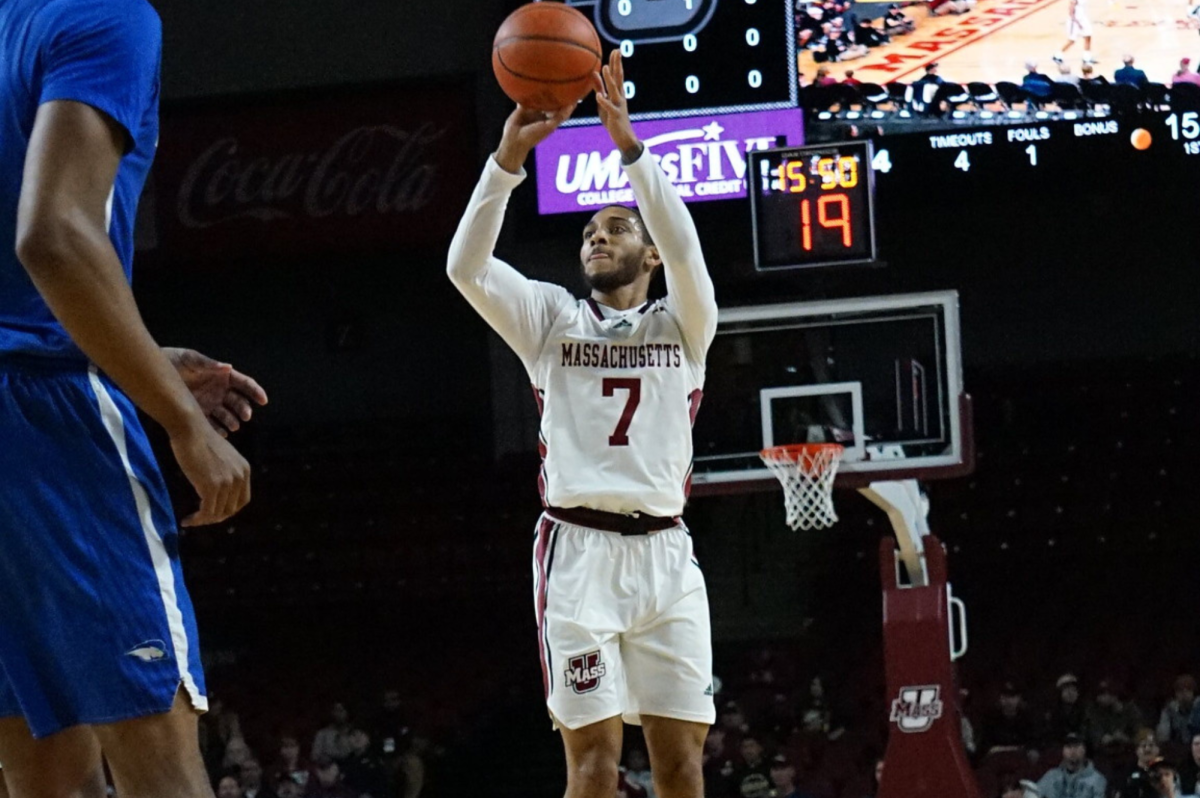
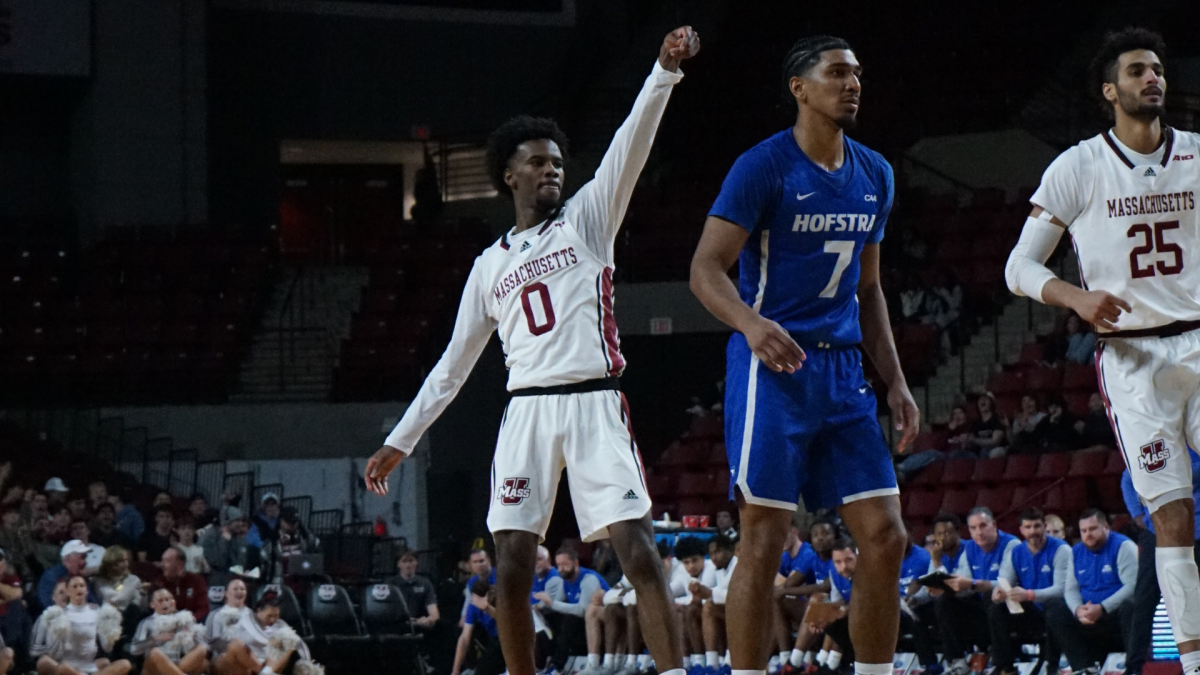
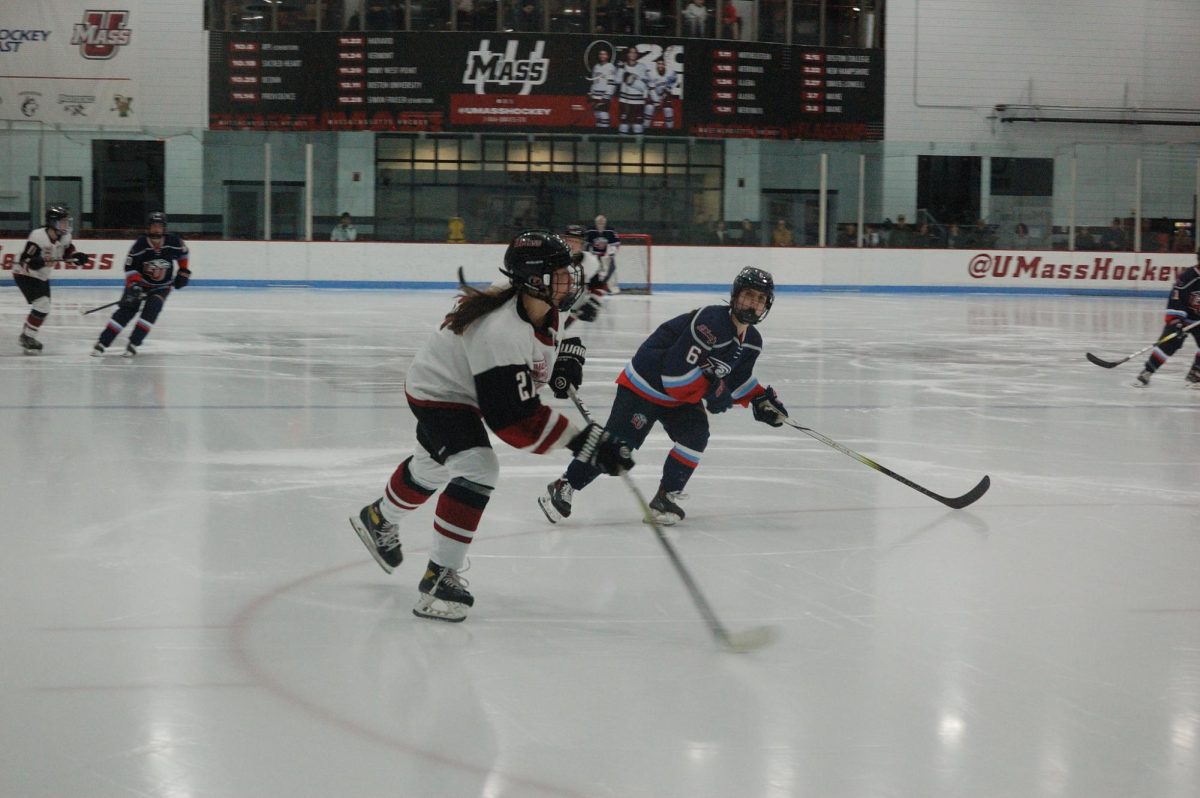
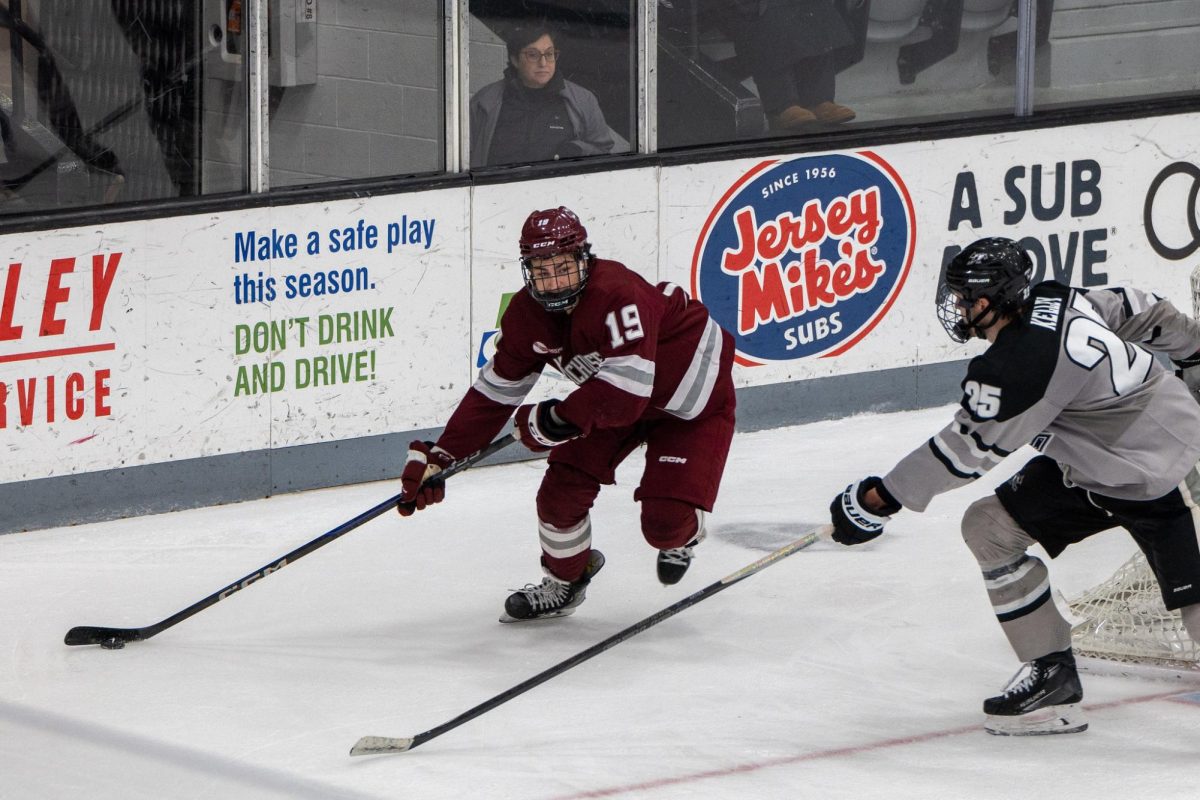
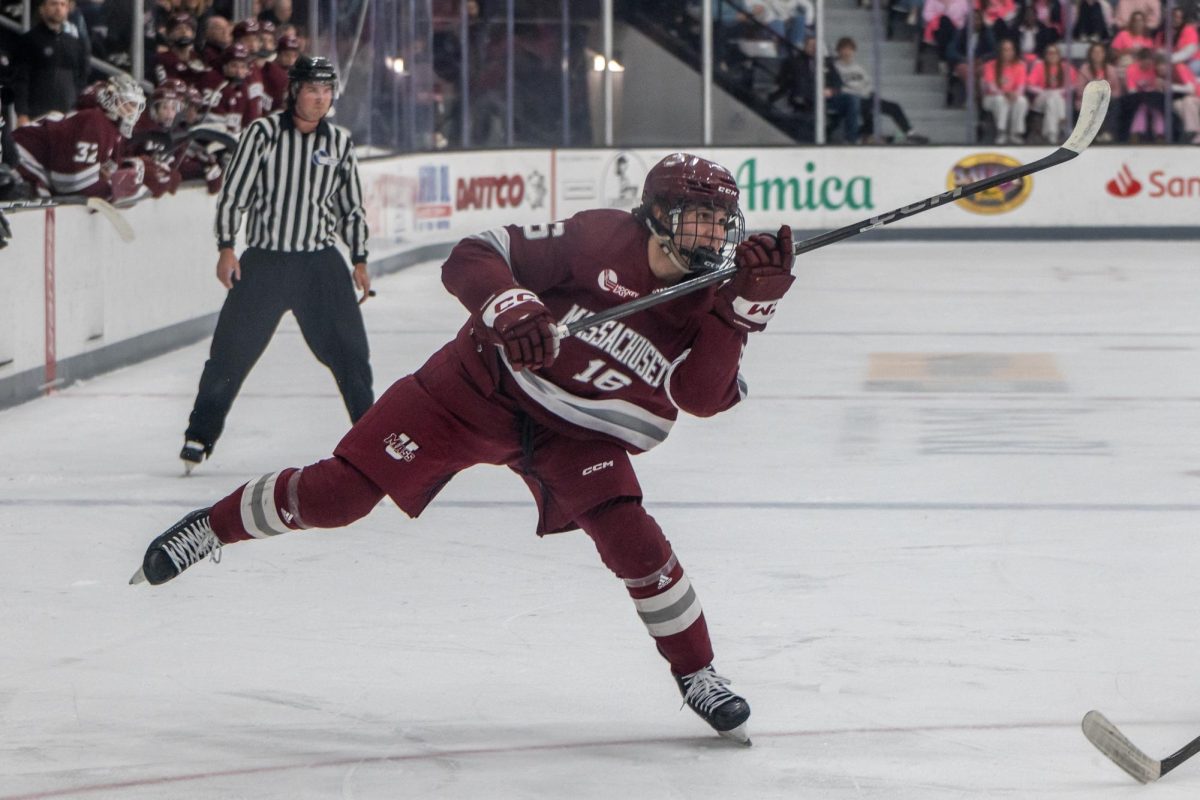
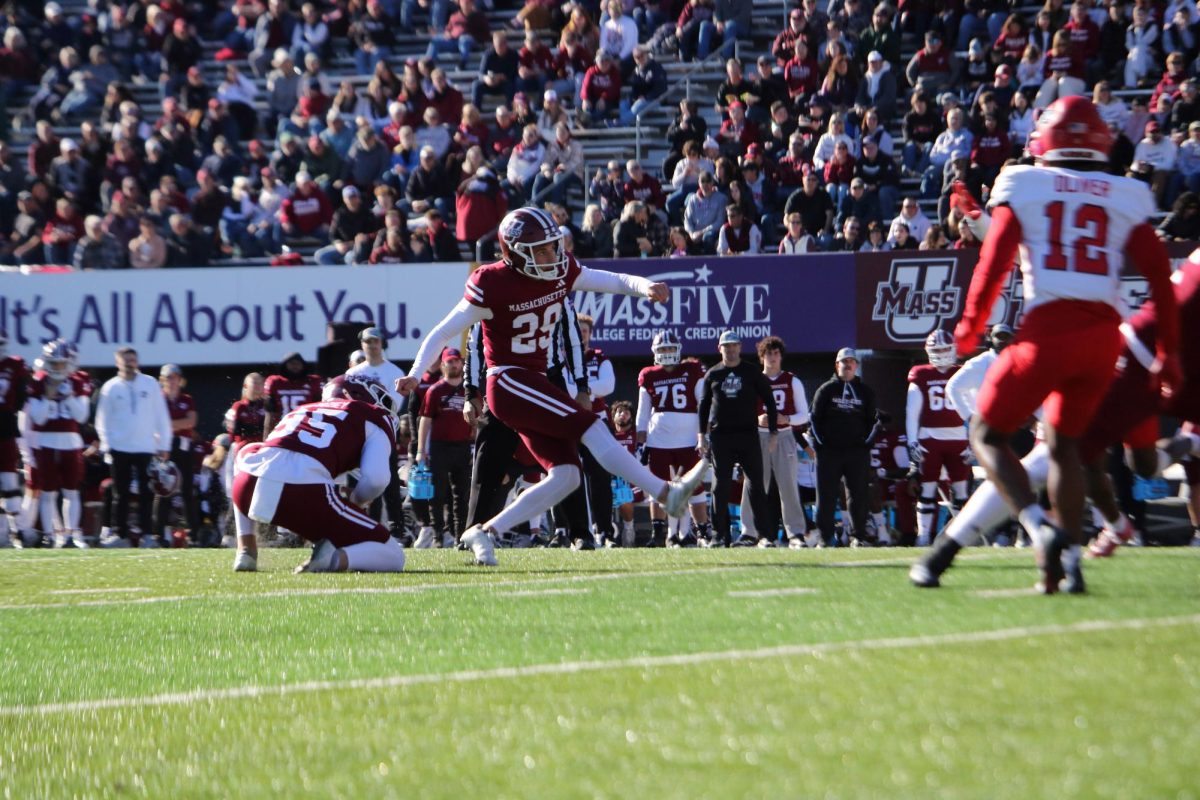





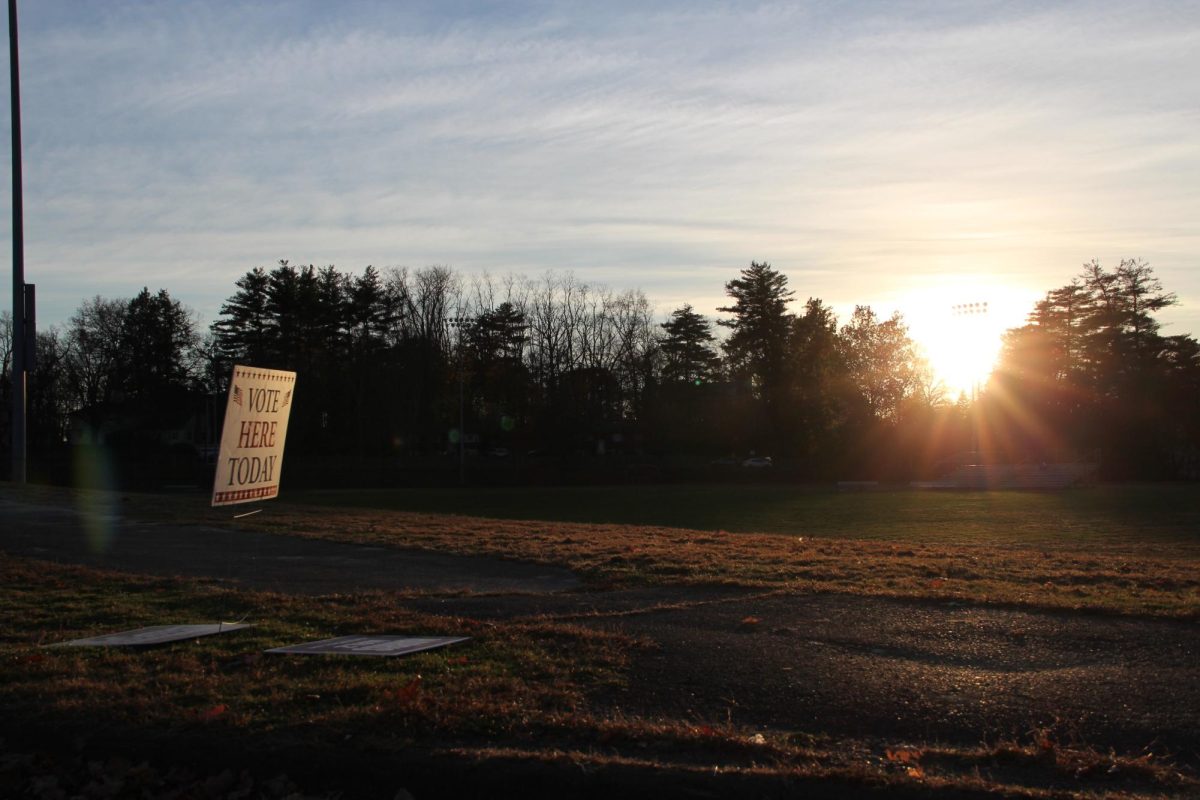



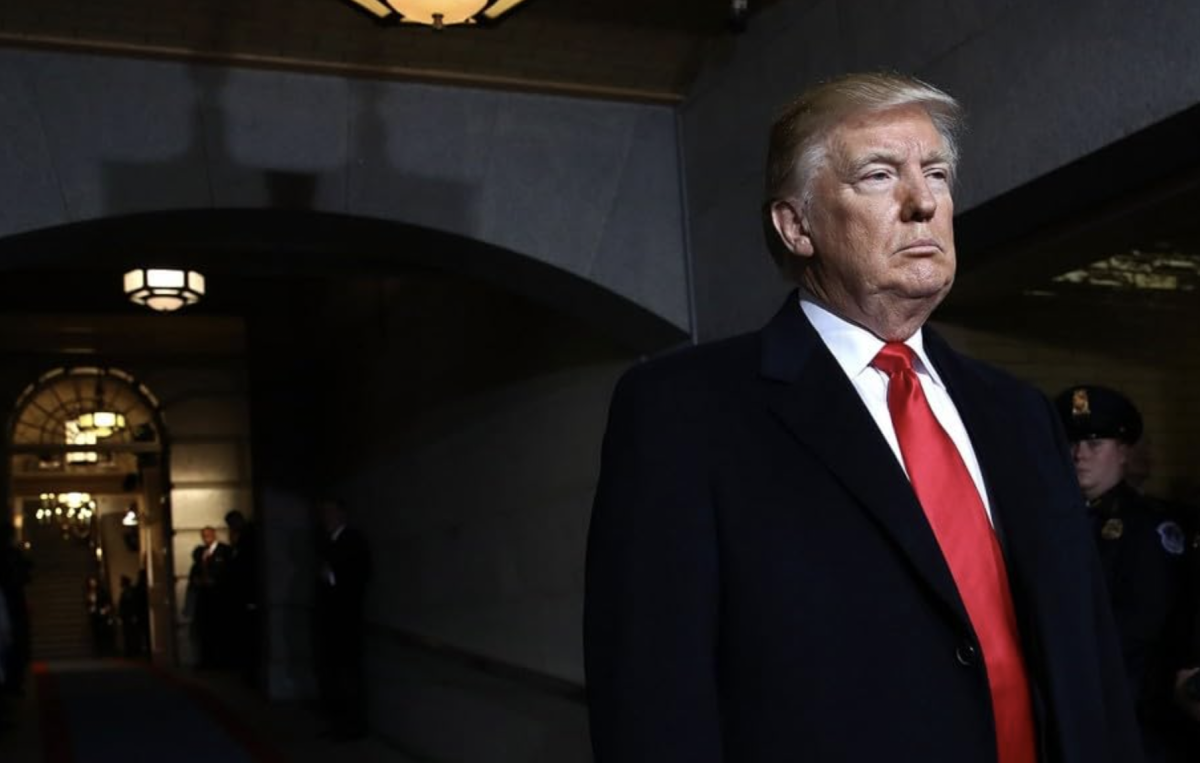
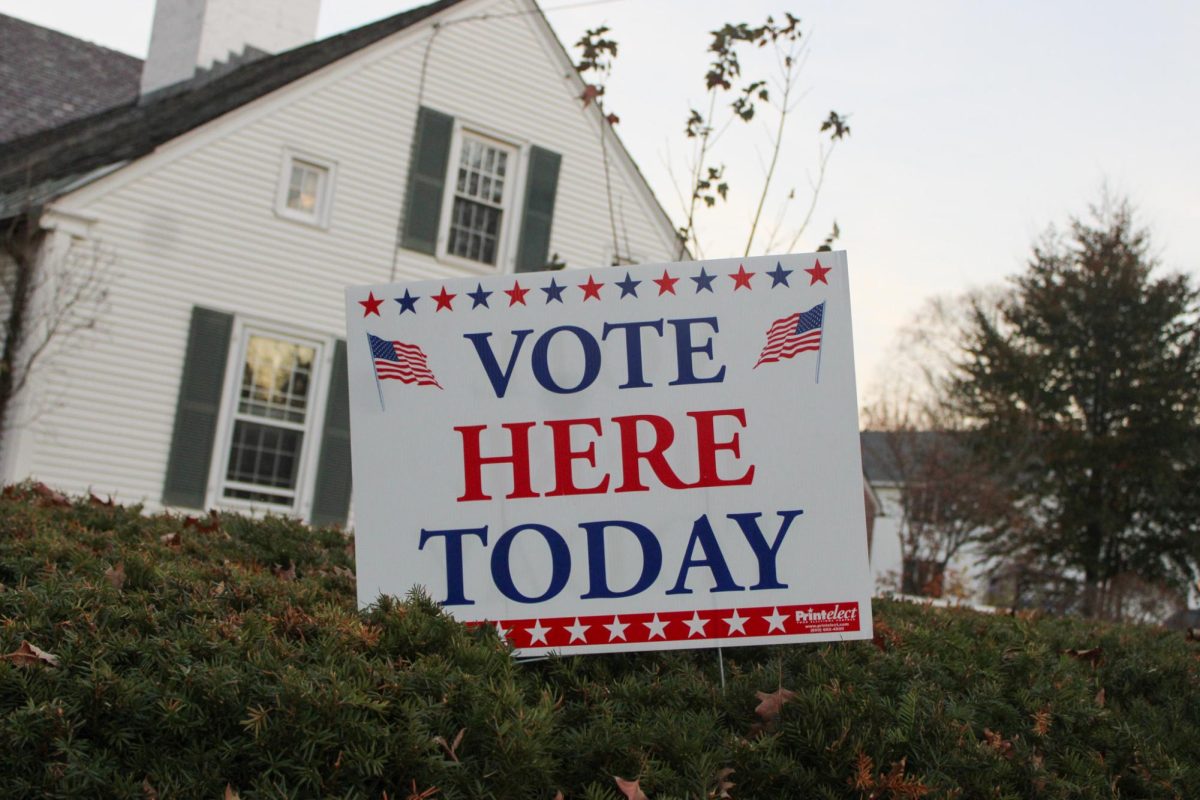
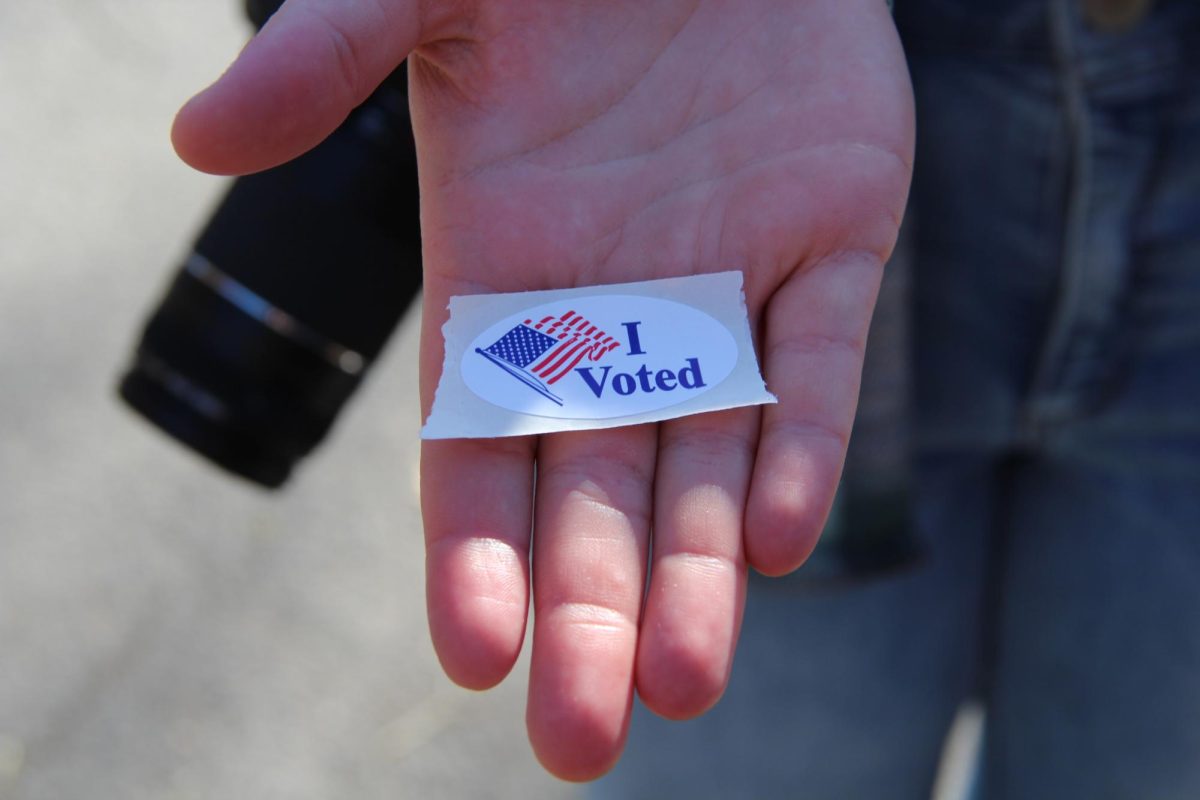
Nitzakhon • Sep 6, 2017 at 10:45 am
Examining Black Loyalty to Democrats
https://www.youtube.com/watch?v=xryXpK042pQ
Nitzakhon • Sep 6, 2017 at 10:45 am
Pin the Tale on the Donkey: Democrats’ Horrible Racist Past | Bill Whittle
https://www.youtube.com/watch?v=5wz_0utCrm0
Nitzakhon • Sep 6, 2017 at 10:44 am
Just don’t forget the history of the Democrats:
The Inconvenient Truth About the Democratic Party
https://www.youtube.com/watch?v=g_a7dQXilCo